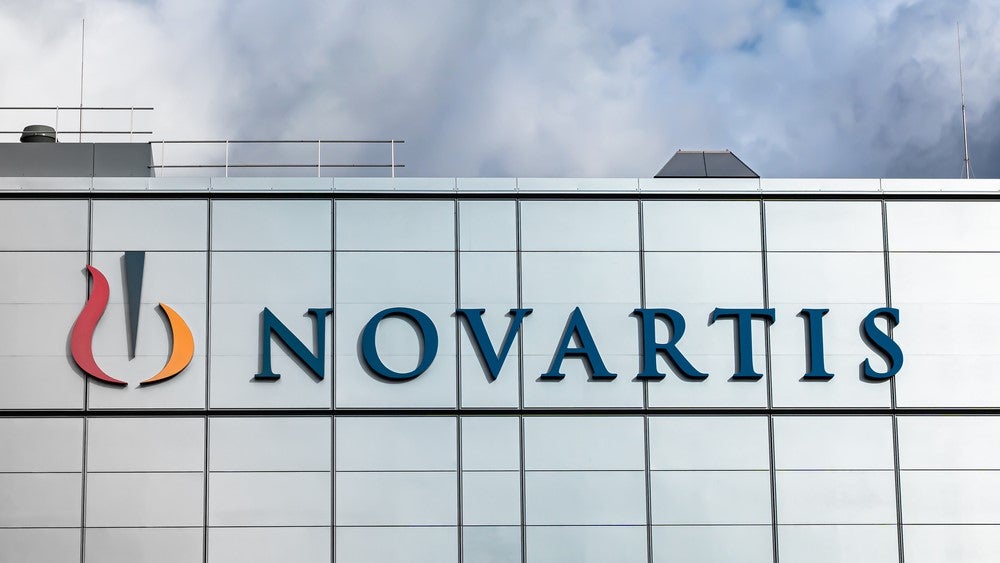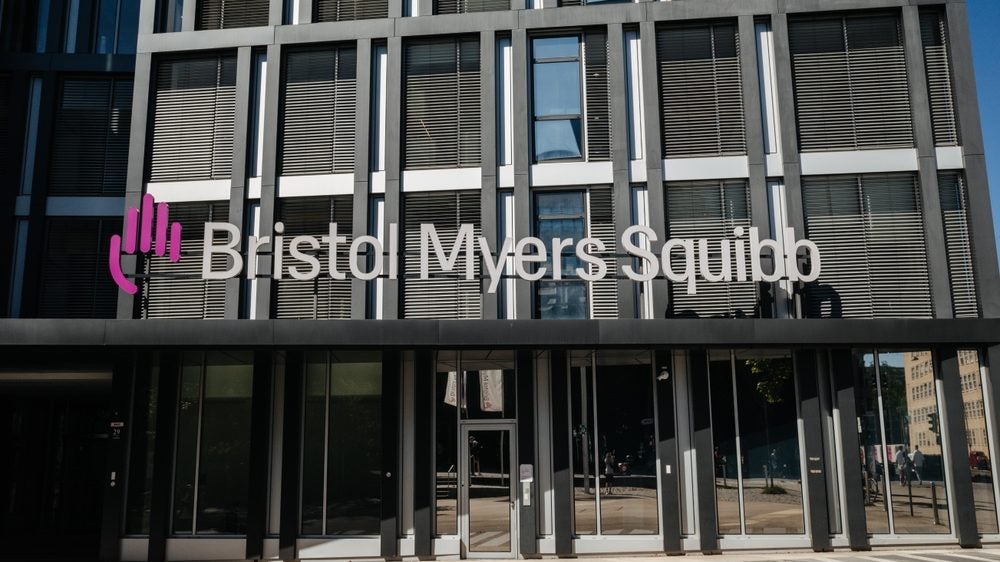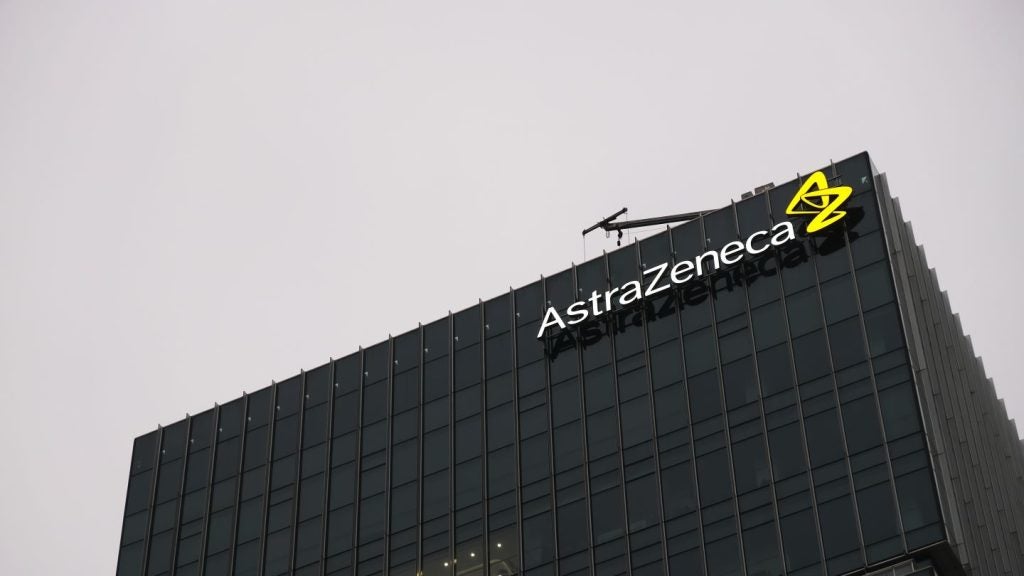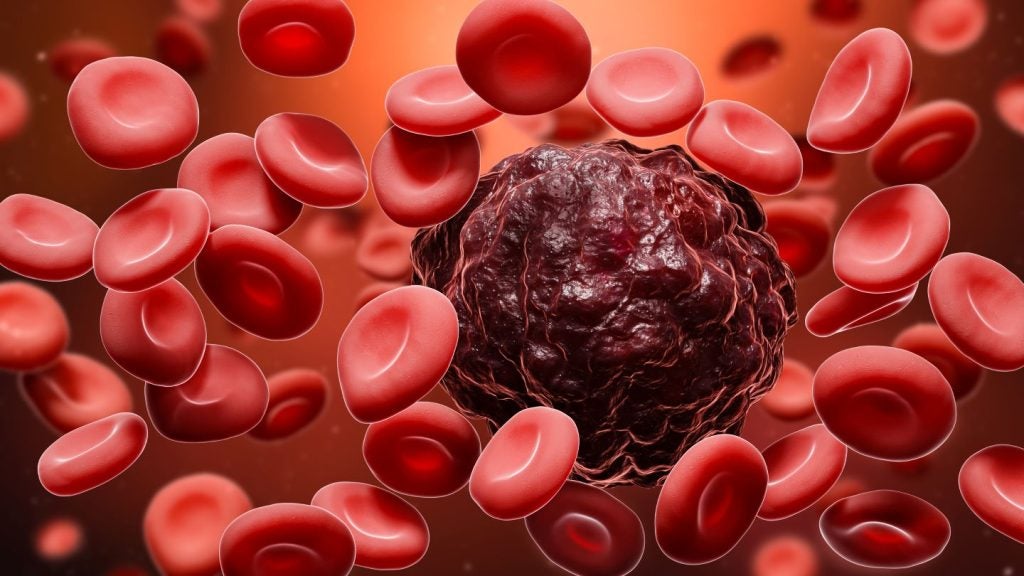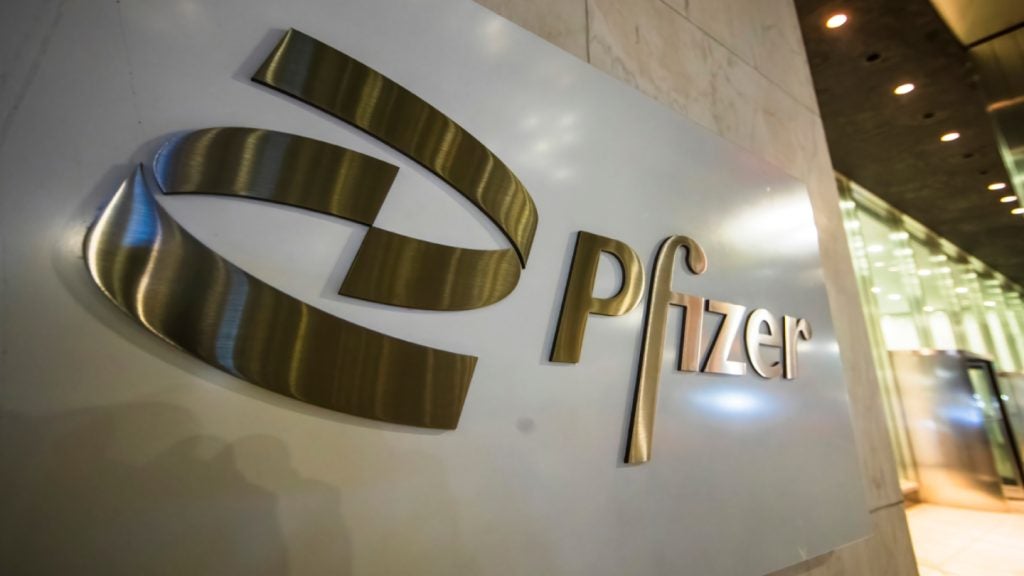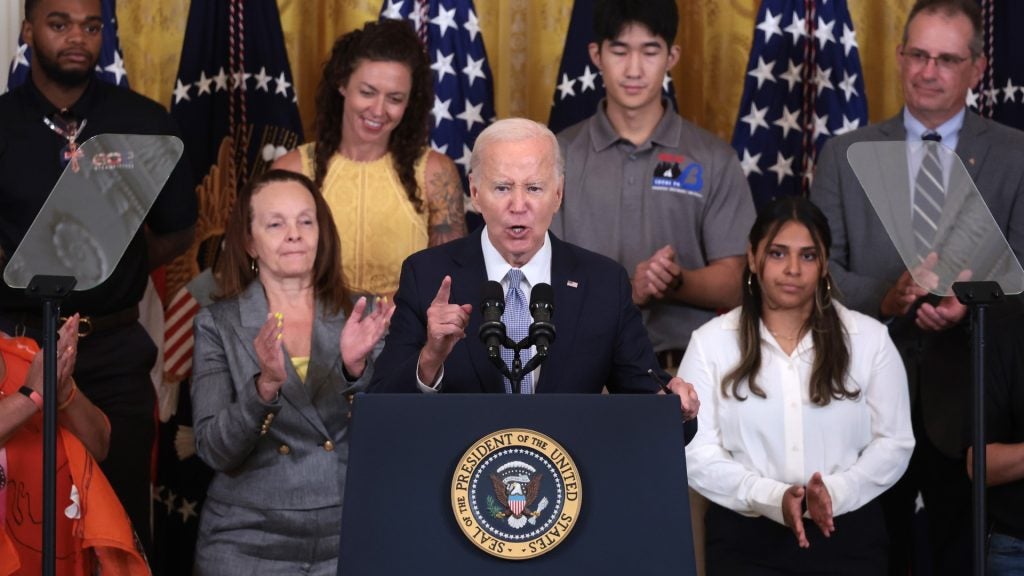AbbVie and Genmab have reported data from the Phase I/II EPCORE NHL-1 clinical trial of T-cell engaging bispecific antibody epcoritamab (DuoBody CD3xCD20) in adults with relapsed/refractory (r/r) follicular lymphoma (FL).
The multicentre, open-label trial analysed the initial efficacy and safety of epcoritamab in r/r FL patients who have received two or more therapies previously.
It has a Phase I dose escalation portion, a Phase IIa expansion portion and a Phase IIa dose optimisation part.
Overall response rate (ORR) was the primary endpoint of the trial.
According to the findings, the antibody treatment offered lasting responses with improved ORR and complete response (CR) rate.
Epcoritamab resulted in ORR and CR of 82% and 63%, respectively, at a median follow-up period of 17.4 months.
Furthermore, 1.4 months and 1.5 months, were median time to response and CR, respectively.
More than 50% of subjects who were treatment-responsive were found to respond to epcoritamab during data analysis.
Furthermore, 85% and 74% of subjects with CR responded to the antibody at 12 and 18 months, respectively.
No new safety signals were reported in the trial with cytokine release syndrome observed to be the most frequently seen treatment-emergent adverse event.
The companies presented the latest data at the 65th American Society of Hematology (ASH) congress.
Epcoritamab received breakthrough therapy designation from the US Food and Drug Administration (FDA) to treat adults with r/r FL following two or more therapies.
AbbVie Hematology therapeutic area head and vice-president Mariana Cota Stirner said: “Further developing epcoritamab as a core therapy to help treat more patients with B-cell malignancies, including follicular lymphoma, is an important goal we share with our partner Genmab.
“These data at this year’s ASH further build our confidence in epcoritamab’s treatment potential as well as development for earlier patient treatment."
In October 2023, the company reported positive data from the Phase III head-to-head trial of Crohn’s disease drug Skyrizi (risankizumab).




